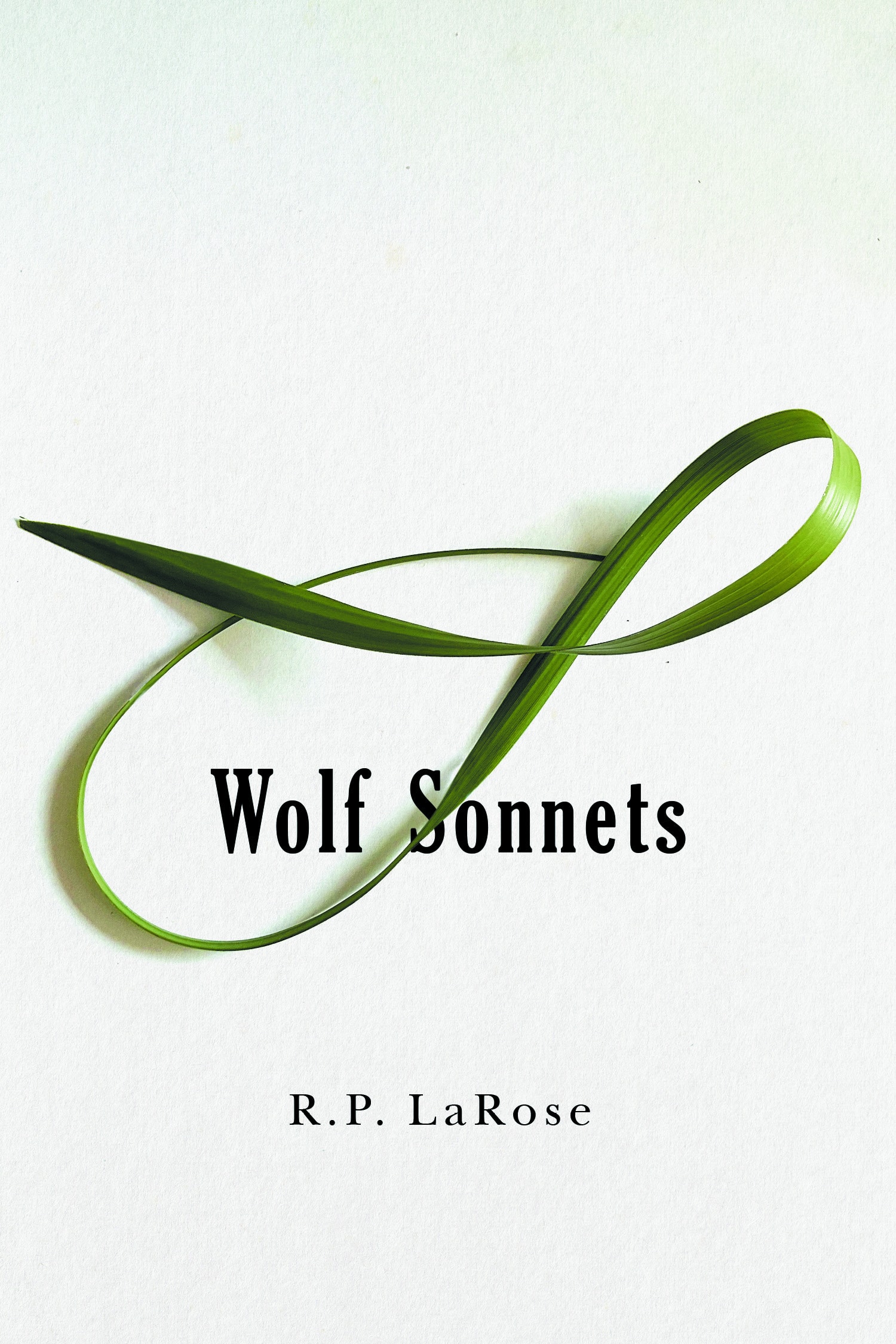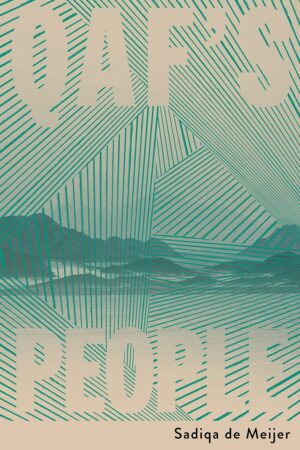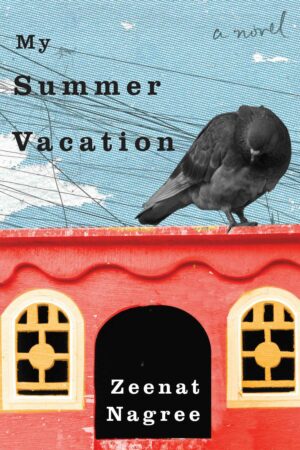Wolf Sonnets
Price range: $13.99 through $19.95 CAD
Publication Date: September 14, 2022
75 pages
7.5 x 5 Inches
ISBN: 9781550656091
|
Trade Paperback $19.95 CAD |
|
|
Ebook $13.99 CAD |





